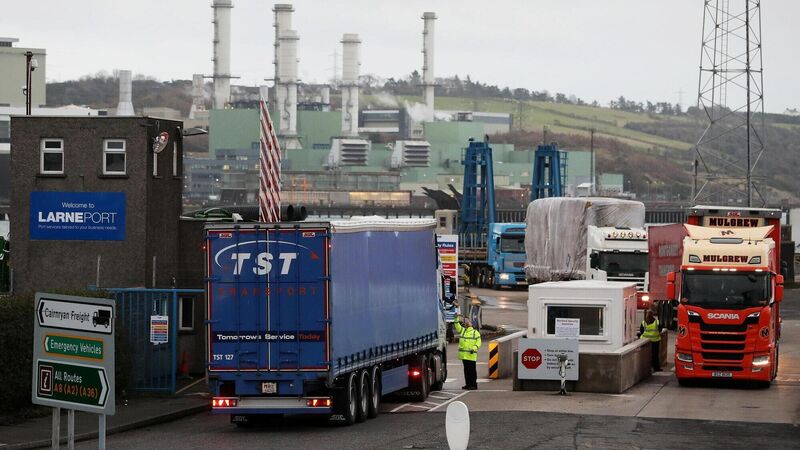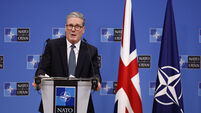It's ironic that Irish exporters face more pain as Sterling gains from Brexit deal optimism

Sterling has rallied against the euro on hopes for a Brexit trade deal that would lift the threat of an economic siege for Ireland, north and south.
Ironically, however, the gains by the UK currency will increase the pain in the short term for Irish food and drink exporters and other jobs-rich SME firms who make a living selling their goods and services across the Irish Sea.














